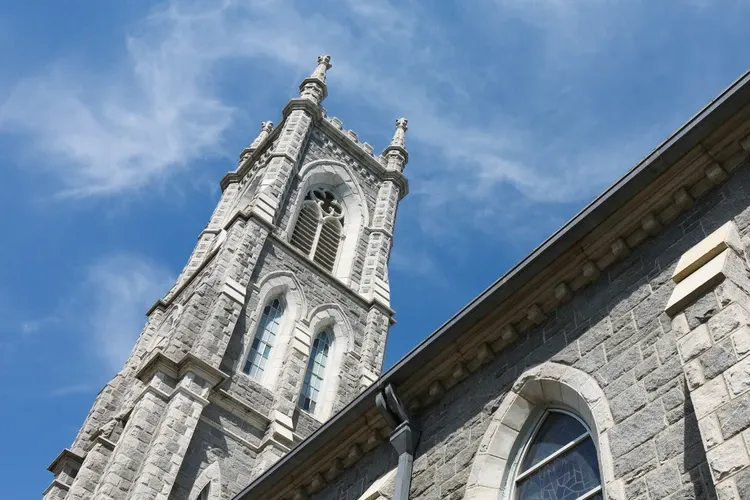Aaron Edwards, a lecturer sacked from a Methodist school in England for noting the rise of homosexuality in Christian institutions, defended himself in employment court this week.
Officials at Cliff College, where Edwards had worked for seven years before his dismissal, launched an investigation that led to his ouster early last year after three female students complained about a social post in which he said “homosexuality is invading the church.” The post continued by observing that “evangelicals no longer see the severity of this because they’re busy apologising for their apparently barbaric homophobia, whether or not it’s true.”
Edwards then filed a lawsuit against Cliff College, contending that the actions of the evangelical school caused “life altering consequences and irreparable damage to my career and my family,” according to a release from Christian Legal Centre, which is representing him in court.
“At Cliff College I taught on a wide variety of courses on both the undergraduate and postgraduate programmes,” Edwards said. “My primary area of research has been in theology and practice of preaching, and its implications for public expressions of the Christian faith in the midst of a numerically declining church and an increasingly secular post-Christendom society.”
Edwards noted that Cliff College had previously bowed to pressure over his support of biblical sexual ethics: the lecturer delivered a sermon four years before his dismissal which applied texts in the book of Amos to sexual sin, but the school removed the sermon from their online channels after receiving one complaint. Edwards was not disciplined at the time for the sermon.
“It was attempting to live out two impossibly contradictory convictions simultaneously: allowing professing Christians who are against homosexuality to be free to speak their view, and allowing professing Christians who are for homosexuality to be free to speak their view, without substantially offending or silencing either party,” Edwards said of the school.
Edwards asserted in court that future employers may be wary to hire him due to the public controversy over his dismissal from Cliff College. He said that the charge of misconduct levied by the school discriminated against his Christian views and his academic freedom.




